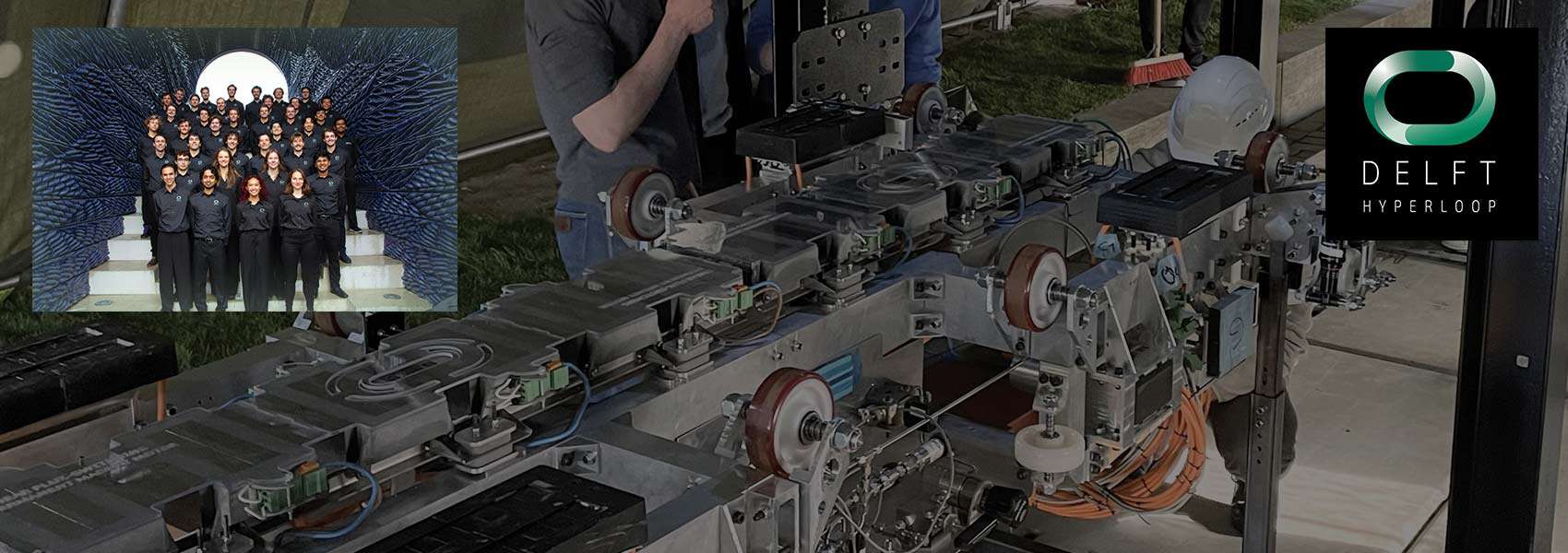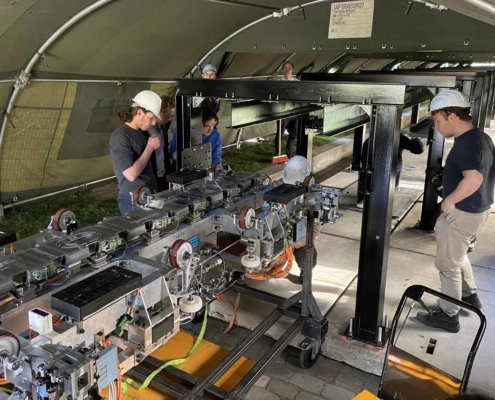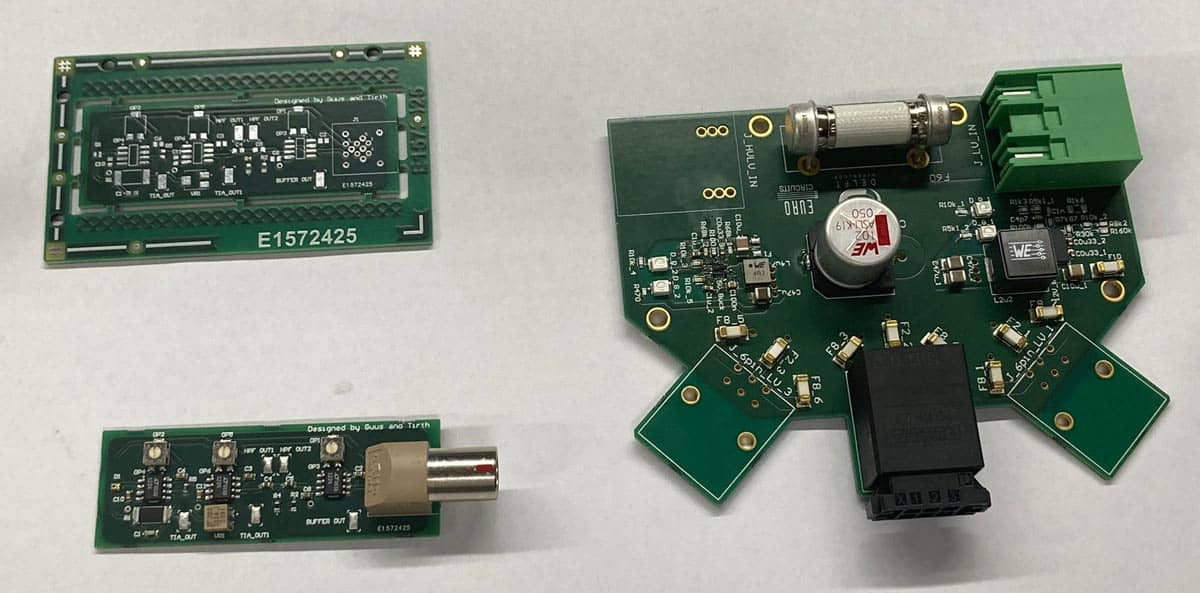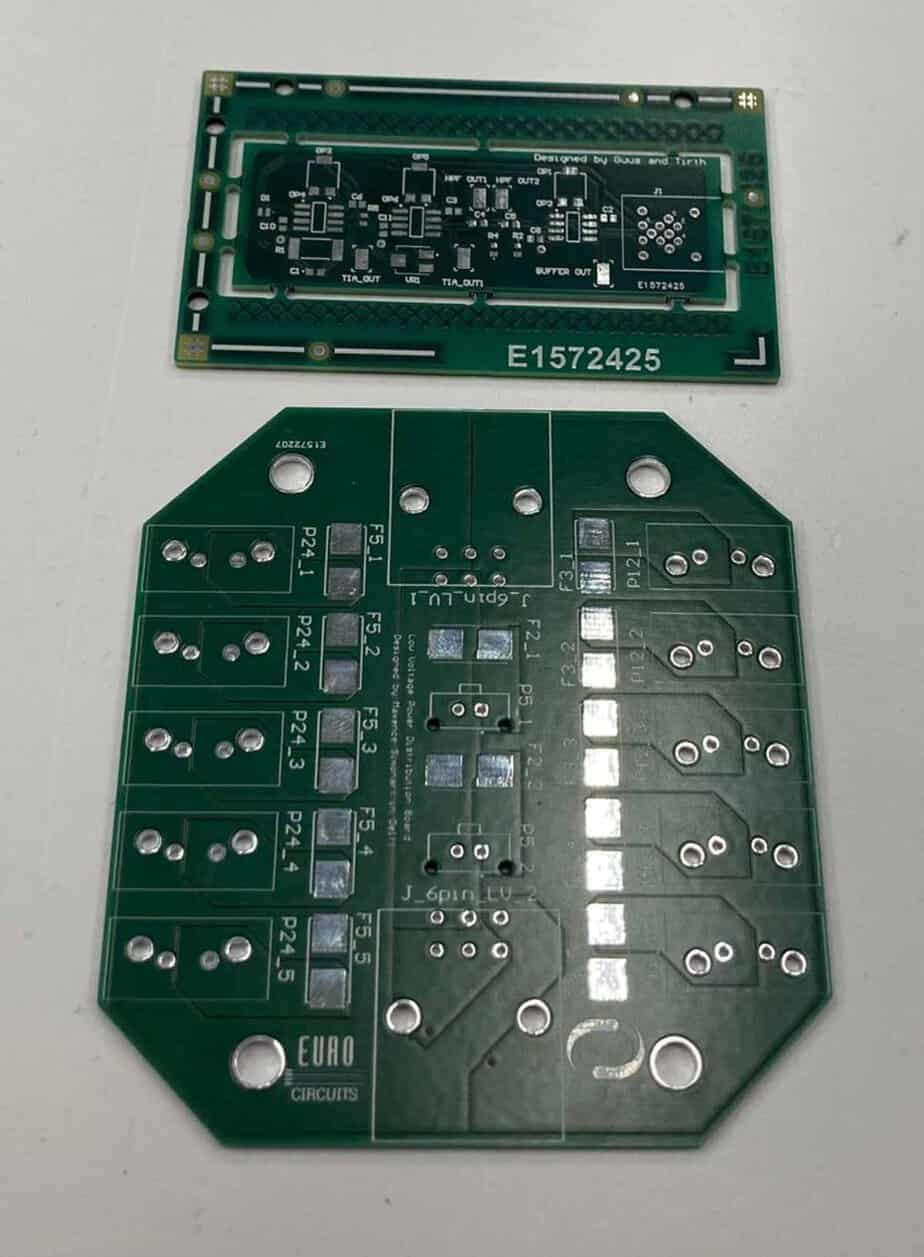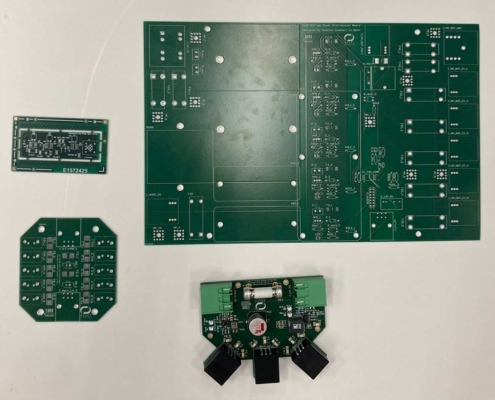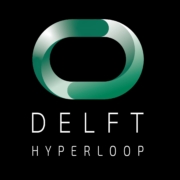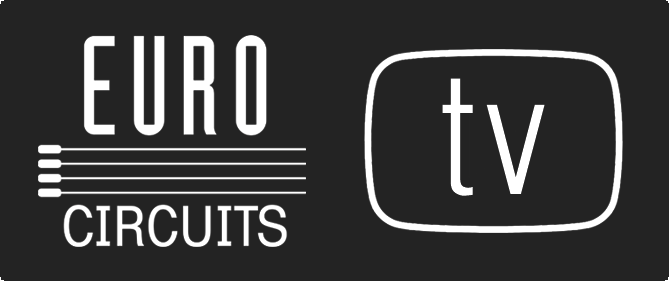TU Delft Hyperloop Team Achieving a Milestone in Electric power
TU Delft Hyperloop 08
For the 8th consecutive year, we at TU Delft Hyperloop are working on our high-quality hyperloop prototype. The hyperloop is a new method of transportation conceptualized by Elon Musk. Through a combination of magnetic levitation and propulsion in a vacuum tube a hyperloop efficiently achieves speeds of up to 1000km/h. This year our team consists of 39 students. Each year, we design, develop, and test a new version of our Hyperloop. Our goal is to win the European Hyperloop Week (EHW) competition, which will be held in Zurich. Universities from countries around the world participate in this competition. In our design for a hyperloop system, innovation, scalability, and reliability are our main priority.
This year, we aim to be the first team ever to demonstrate a lane-switch. This marks a crucial step towards a scalable hyperloop network, and we aspire to be the first hyperloop team to showcase this innovation. For scalability reasons, we intend to execute this lane-switch without any moving track elements, relying entirely on electromagnetic forces. What makes this goal unique is that it is not just an innovation within a single department of our team but involves collaboration across all departments simultaneously. Achieving this requires exceptional coordination among the departments to ensure the seamless functioning of the system. Another big challenge set for this year is the production of our own motor drives. To develop an efficient, robust, and compact system, it is crucial that we develop our own motor drives. This involves designing both the hardware and control software for the drives. Also, we aim to innovate in an integrated heating system, an advanced localization system, and the efficiency of our new motor.
We try to design as many systems as possible ourselves to optimize their size and improve their capabilities. In addition, custom built systems are valued by the jury of the competition in which Delft Hyperloop participates yearly. The PCBs designed at Delft Hyperloop range from simple cable connection PCBs for communication in between different devices to complex custom-made ARM controller boards for the hyperloop pod. Some of the power converters and motor drives are also designed in-house using Eurocircuits PCBs.
An important requirement for an efficient, reliable and stable LFSPM motor is accurate localization during pod operation. For this again, a custom design has been made, where multiple photodiode circuit boards measure the reflection of a laser. And these measurements are then processed on an additional custom signal processing board to obtain the pod’s exact location. This helps Delft Hyperloop to continue to improve their revolutionary motor.
With this first shipment of PCBs from Eurocircuits, the powertrain and the sense and control departments are able to validate or improve their prototypes in order to prepare a reliable system for the upcoming competition. In addition, thanks to the high quality of the PCBs, some systems from previous years are tested again, improved and reused. This year, the team pays even more attention to modular design, in order to save time and resources for the future Delft Hyperloop teams.
For more information please visit the TU Delft Hyperloop website.

